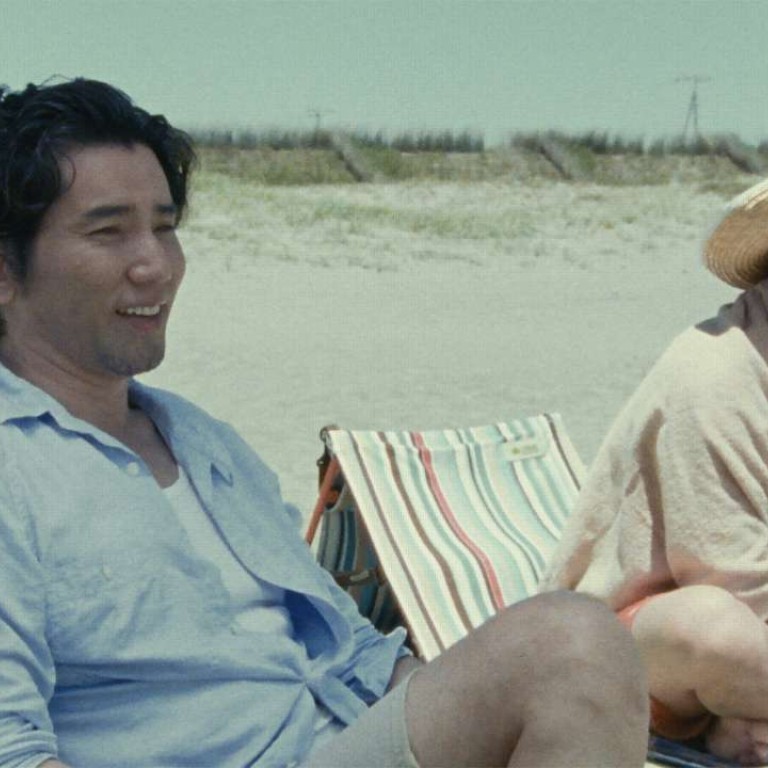
Review | Film review: The Long Excuse – Miwa Nishikawa explores grief and guilt in gentle moral drama
Masahiro Motoki is a standout in lead role as unlikeable widower who rediscovers his moral values
4/5 stars
A despicable man finds compassion after his wife suddenly dies in The Long Excuse, the fifth feature film by the Japanese writer-director Miwa Nishikawa and the first to be adapted from her own novel. The film could serve as part of an intriguing double bill alongside the Oscar-winning Departures (2008), in which its lead actor, Masahiro Motoki, also impresses playing someone who finds a renewed purpose to life after experiencing death close up.
In Nishikawa's film Motoki plays Sachio, a once-successful novelist who has become a phoney middle-aged celebrity more often spotted on TV talk shows than his books are on shelves. The man is having an affair with an editor (Haru Kuroki), and he appears to feel nothing when he learns of his supportive wife’s (Eri Fukatsu) death in a traffic accident. Sachio seems to be more concerned about shedding a tear for the cameras than for his wife at her funeral. His lack of empathy is shocking.

Whether his offer is genuine or just a ploy to research his next book, Sachio, who has no children of his own, is duly inspired by the little ones to write about the experience of bereavement.
It is to Nishikawa’s credit that she never openly judges her protagonist, instead allowing him the space and time to rediscover his moral compass. And Motoki makes it all a joy to watch, lending a complex touch of humanity to an unlikeable role that’s more involving than it has presumably any right to be.
The Long Excuse opens on December 8
Want more articles like this? Follow SCMP Film on Facebook

